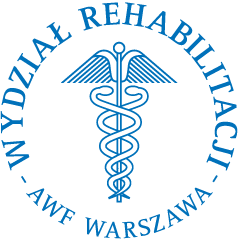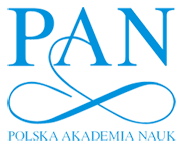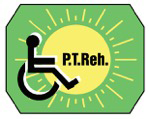


|
Current issue
Archive
Manuscripts accepted
About the journal
Editorial board
Reviewers
Abstracting and indexing
Contact
Instructions for authors
Publication charge
Ethical standards and procedures
Editorial System
Submit your Manuscript
|
4/2023
vol. 37 abstract:
Original article
Pain, discomfort and psychobiological factors in wheelchair tennis athletes following COVID-19 lockdowns
Rudá Gonçalves Espírito Santo
1
,
José Igor Oliveira
2
,
Luciano Machado-Oliveira
1
,
Ana Paula Lima Ferreira
1
,
Pedro Pinheiro Paes
1
,
Saulo Fernandes Melo Oliveira
1
Advances in Rehabilitation, 2023, 37(4), 12–19
Online publish date: 2023/11/28
View
full text
Get citation
ENW EndNote
BIB JabRef, Mendeley
RIS Papers, Reference Manager, RefWorks, Zotero
AMA
APA
Chicago
Harvard
MLA
Vancouver
Introduction
Wheelchair tennis (WT) players are prone to develop shoulder and upper limbs injuries, due to the combination of wheelchair propulsion, overhead activities, and training loads. Despite these characteristics, little is known about possible associations between reported pain and injuries and the psychological health perceptions of experienced athletes. So, the objective of this study is to verify the existence of correlations between pain in the upper limbs (UL) with the psychobiological aspects after the return of activities from the confinement period in response to the COVID-19 pandemic. Material and methods 18 WT athletes (16 males and 2 females; age: 31.2 ± 10.4; weight: 65.8 ± 16.8; height: 160 ± 30; BMI: 29.6 ± 21.5) participated in the study. For data collection, five instruments were used: (1) the Disabilities of the Arm Shoulder and Hand, (2) the Nordic Musculoskeletal Questionnaire, (3) the Athlete Burnout Questionnaire, (4) the Generalized Anxiety Disorder and, (5) Pittsburgh Sleep Quality Index. Data were analyzed by correlation and simple linear regressions. We adopted p < 0.05. Results No significant correlations were found between pain in the upper limbs and psychobiological aspects. However, the dimension of physical and emotional exhaustion correlated with anxiety (R² = 0.257; p = 0.032) and devaluation in sport associated with sleep quality (R² = 0.324; p = 0.014). Conclusions Although there are no correlations between pain in the upper limbs and psychobiological strain, mental aspects influence each other. keywords:
Anxiety, Burnout, Sleep Quality, Discomfort, Upper Limbs |
    |